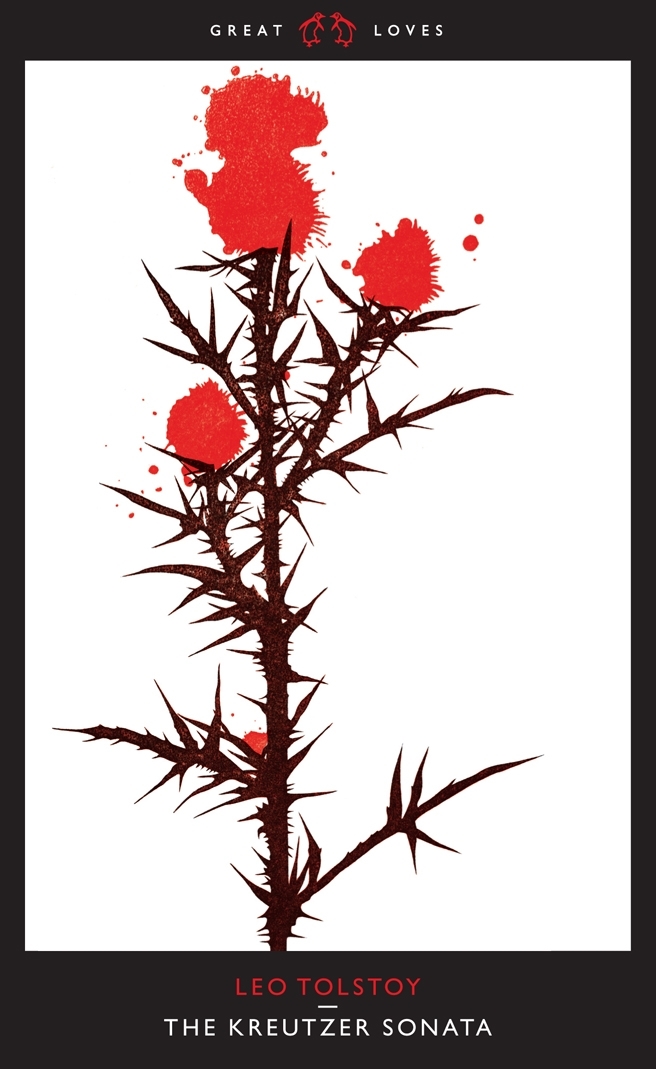

It looks, in outline, like the psychological portrait of a madman.īut no! The Kreutzer Sonata is not some mere piece of literature! It is supposed to teach us all a lesson! We know this because Tolstoy, ever the preacher, wrote us a nice epilogue just to make sure. As he tells his story, he continually harps back to his obsessions, and the narrative of his marriage becomes framed in the terms of a struggle between purity and corruption. Discovering that his wife, whom he hates, has started an intimate friendship with a violinist, he kills her quite deliberately. The man is clearly a disturbed individual with a number of fixations, notably about the evils of sex, the impurity of women and the corruption of family life. The Kreutzer Sonata is the story of a man who kills his wife out of jealousy, and who later tells his story to a stranger he meets on a train. And to remind myself why (and make this review more interesting), this week I went back to that steaming, stinking torrent of moral vomit that is The Kreutzer Sonata. I still hate him though, with his simpleton peasants and his vacuous women and his delusions of supreme ethical and religious authority. Of course he’s Important, he’s a Great Writer, and with my literary analysis hat on I can see exactly why. Now, just to be clear, it’s not that I don’t believe Tolstoy is Important. But at any rate I’ve yet to be denied a Russian visa for not finishing Anna Karenina, although I’ve met plenty of zealous anglophone Tolstoyans who would deny me one if they could. (Pushkin is probably the ultimate holy cow of Russian-literature-not-in-translation). Perhaps within Russia my boundless geek-love for Pushkin gets me off the hook. OMGWTFBBQ you don’t like Tolstoy? ! As if Tolstoy was compulsory as if not liking him was an insult to the Great Russian Soul. This always horrifies people, outside of Russia anyway, because Tolstoy is one of the Great Russian Authors People Know.

As for my wife, she had no bridle, as for that matter, ninety-nine hundredths of our women have none. She was like a spirited carriage-horse that has long been idle, and suddenly finds itself without a bridle.

The very sight of her was enough to frighten one. She was in all the brilliancy of the wife of thirty years, who conceives no children, eats heartily, and is excited. She had acquired that provoking beauty that stirs men. She felt it, and paid much attention to her person. The method prescribed by the rascals had evidently succeeded.


 0 kommentar(er)
0 kommentar(er)
